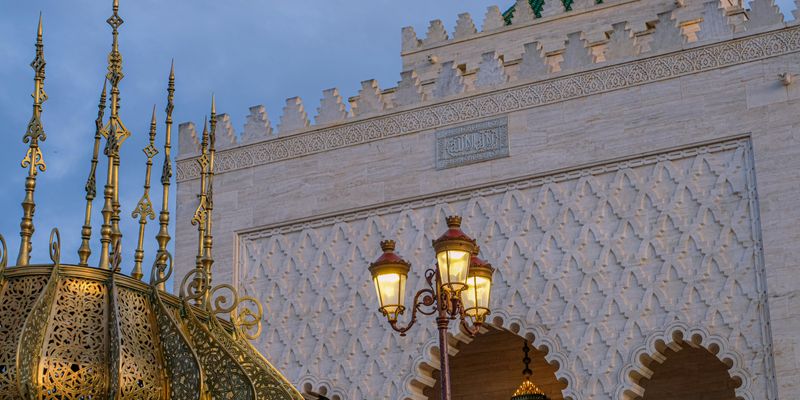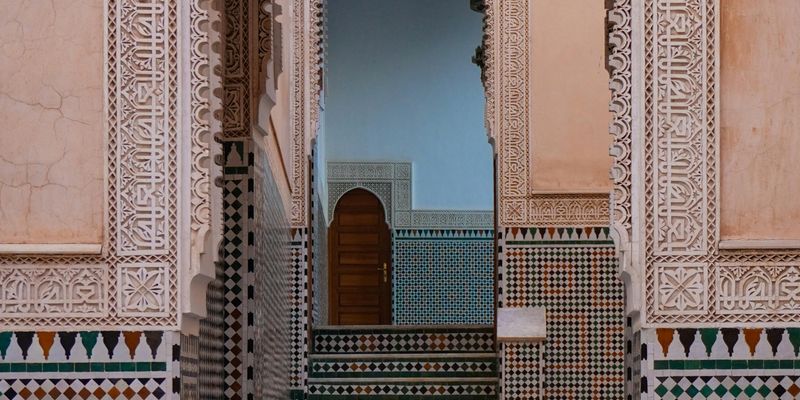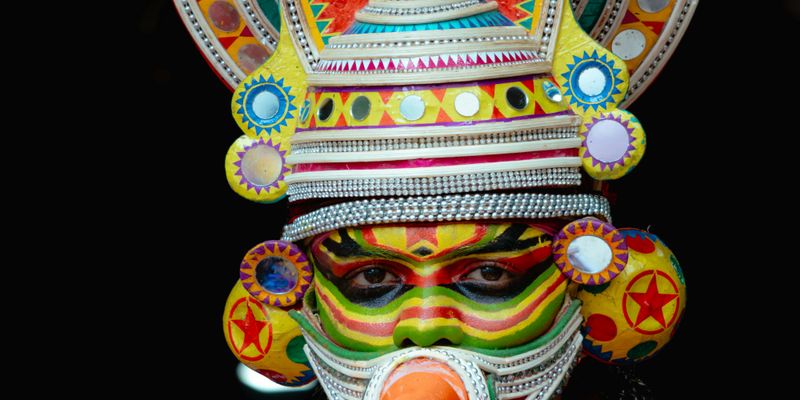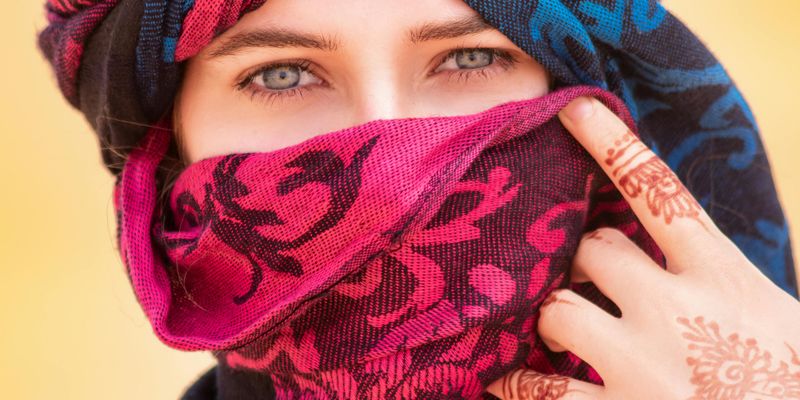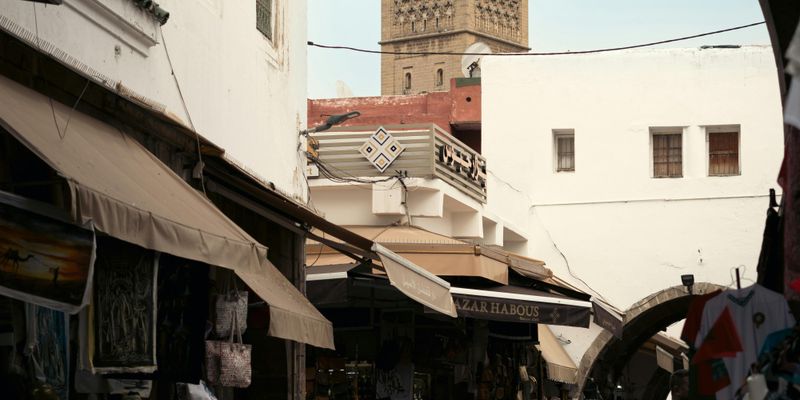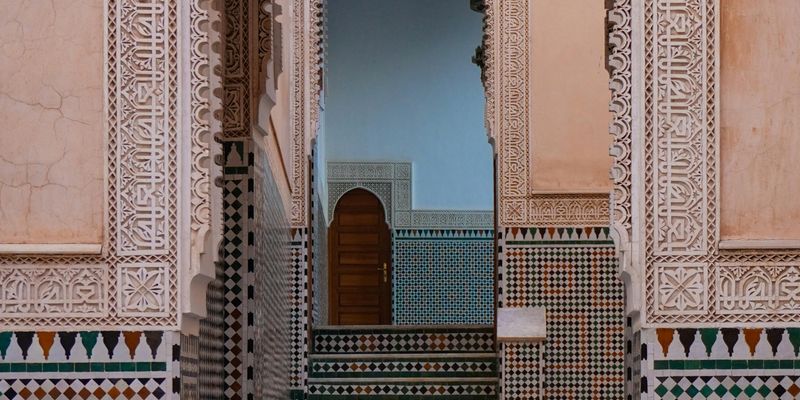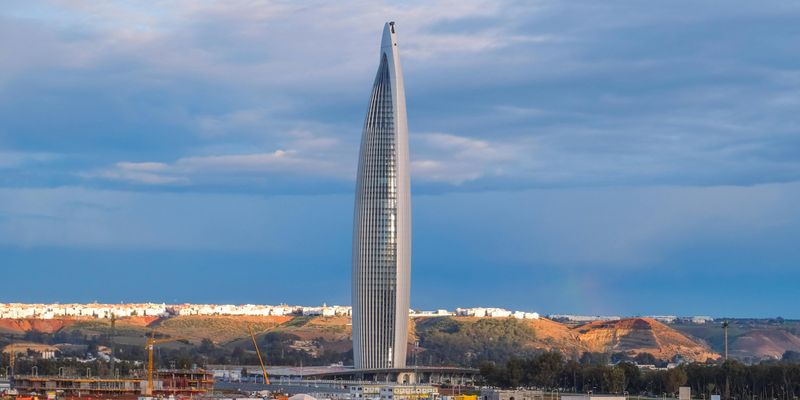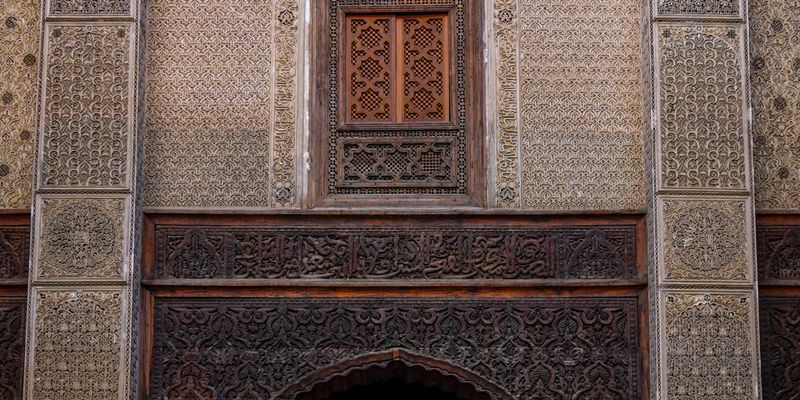
Why the Rhythms of Moroccan Poetry Speak to the Soul
When you wander through the vibrant streets of Morocco, it’s impossible not to feel the pulse of its rich culture. Among its many artistic expressions, Moroccan poetry stands out, resonating with and captivating both the heart and soul. From the bustling souks of Marrakech to the serene desert landscapes, poetry weaves its way through daily life, reflecting the depth of human emotion and the beauty of existence.
A Heritage of Oral Tradition
Morocco boasts a strong oral tradition, where poets have historically conveyed stories, wisdom, and the collective experiences of their communities. One of the most revered forms is malhoun, a poetic style originating from the Gnawa and Amazigh cultures. This soulful poetry often celebrates love, nature, and social issues, sung in dialects that bring rhythm to life. When you hear a malhoun performance, delivered with intense emotion and often accompanied by traditional instruments like the gimbri, you’re drawn into a world rich with history and culture.
Poetry as a Means of Expression
Modern Moroccan poets continue this cherished tradition, often tackling contemporary issues while keeping their roots intact. Poets like Abdelatif Laâbi and Fatima Füsun explore themes of identity, social justice, and the quest for freedom in their works. Their words resonate deeply, reflecting a society that is constantly evolving yet fiercely proud of its heritage. The lines of their poems dance off the page, weaving together a tapestry of feelings that many can relate to, regardless of their backgrounds.
The Influence of Landscape and Culture
What sets Moroccan poetry apart is its strong connection to the land and the diverse cultures that inhabit it. The country's stunning landscapes—from the Atlas Mountains to the Saharan dunes—serve as a backdrop for poetic expression. Nature is often personified in verse, capturing the breathtaking beauty of the environment and how it shapes the Moroccan spirit. For instance, the way a poet describes the quiet rustle of palm trees in the oasis or the fierce winds of the desert can evoke the feelings of serenity or solitude.
Celebrations Enriched by Poetry
Poetry is not just a written form; it is an integral part of celebrations. During weddings, festivals, and community gatherings, you’ll find poetry being recited, bringing everyone together in a shared experience of joy and reverence. The performance of poetry adds an element of communal spirit, making every word palpable with emotion. The audience often responds with chants or calls, creating a dynamic interaction that transcends the barriers of language.
A Bridge to Understanding
In an increasingly interconnected world, poetry serves as a bridge to understanding different cultures. The universal themes expressed in Moroccan poetry speak to the core of human experience: love, loss, and the quest for identity. For those seeking to appreciate Morocco's cultural richness, diving into its poetry can be an enlightening journey. It is not uncommon to find yourself connecting with a deep part of your own soul through the words of another.
Embrace the Words of Morocco
If you ever have the opportunity to visit Morocco, take the time to immerse yourself in its poetic traditions. Attend a local performance, or simply find a quiet spot with a view and read some acclaimed Moroccan poetry. Allow those rhythms to carry you through the valleys of emotion and the hills of reflection—because in the heart of Morocco, poetry is not just an art form; it is a way of life.
Final Thoughts
Ultimately, the rhythms of Moroccan poetry are a testament to the richness of a culture that values storytelling, emotion, and communal experience. It invites you to explore deeper and reflects the soul of its people. So, let the words of Moroccan poets speak to you, as they have to countless others, igniting a passion for connection and understanding across cultures.
